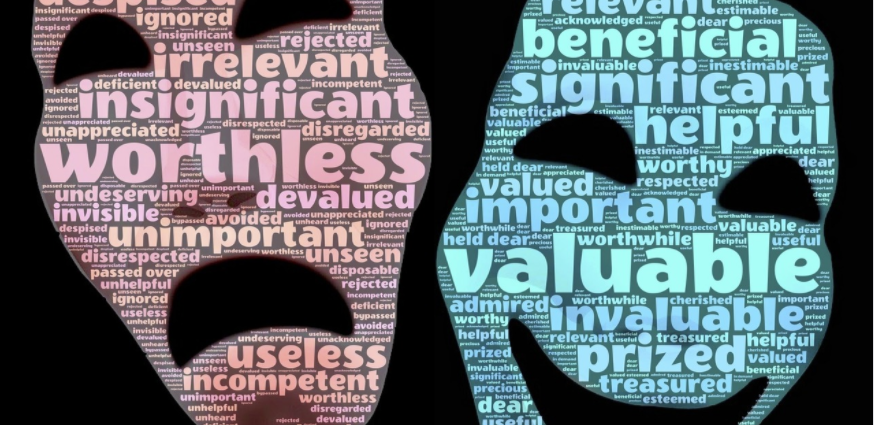|
|
How we feel about ourselves is very important. And its importance in psychology dates back over 125 years. The father of psychology William James (1842-1910), devoted more than 100 pages to the toipic of self in his book “Principles of Psychology” (1890). Today, the self is one of western psychology’s most vigorously researched topics.
Center of Personality
There are new, revealing studies every year about the self. Self-disclosure, self-awareness, self-schemas, self-monitoring, and self-esteem. Since 1967, over 220,000 articles on some aspect of self have been written. Underlying all of this research is the assumption that self, as the organizer of our thoughts, feelings and actions, is the center of our personality.
Possible Selves
But what exactly is the concept of self? One way of thinking about self is the concept of possible selves (Cross & Marcus, 1991). These could include your visions of the self you dream of becoming – the famous self, the rich and powerful self, the loved and admired self, the beautiful or handsome self. They could also include the self you fear becoming – the unemployed self, the lonely self, the ugly self, the failed self. Such possible selves motivate us to lay plans for our future goals and finding the energy to work toward them.
Highs and Lows
Self-esteem is one’s feelings of self-worth. Self-esteem can be either high or low. High self-esteem tends to reward or pay the owner dividends. People who feel good about themselves have fewer sleepless nights, can easily fight off pressures to conform, are more persistent in trying to accomplish difficult tasks, are less shy and lonely, make friends easily and are generally just plain happier (Leary, 1999; Murray, 2002).
People with low self-esteem don’t necessarily see themselves as worthless failures but they seldom say good things about themselves. Low self-esteem lives next door to loneliness, unhappiness, shyness and moments of despair. Low self-esteem can be a “sign” of social rejection. The best thing for these people would be to join supportive social groups and get out more often.
There are many links between low self-esteem and personal problems. People with low self-esteem are generally insecure, self-critical, lacking in confidence and usually anxious and unhappy.
Change Your Self-Esteem
Self-esteem tends to increase when we receive praise or enjoy success. A person who is competent and effective, and who is loved, admired and respected will usually have high self-esteem.
Self-esteem is based on an accurate self-appraisal of our strengths and weaknesses. So it is easy to dwell on our faults and failures and downplay our successes and all our good qualities. But we have successes every day. Concentrate on the good that happens each day. We can slowly change our self-esteem. Success relieves feelings of inferiority, and thus confidence develops. Once a stable self-concept exists, it tends to guide what we pay attention to, remember and think about. Self-concept can greatly affect our behavior and personality. When you like yourself others will also. High self-esteem is contageous.
This report is not a diagnosis. We hope this information can guide you toward improving your life.
Review our Knowledge Base or the links displayed on this page for similar and related topics.

